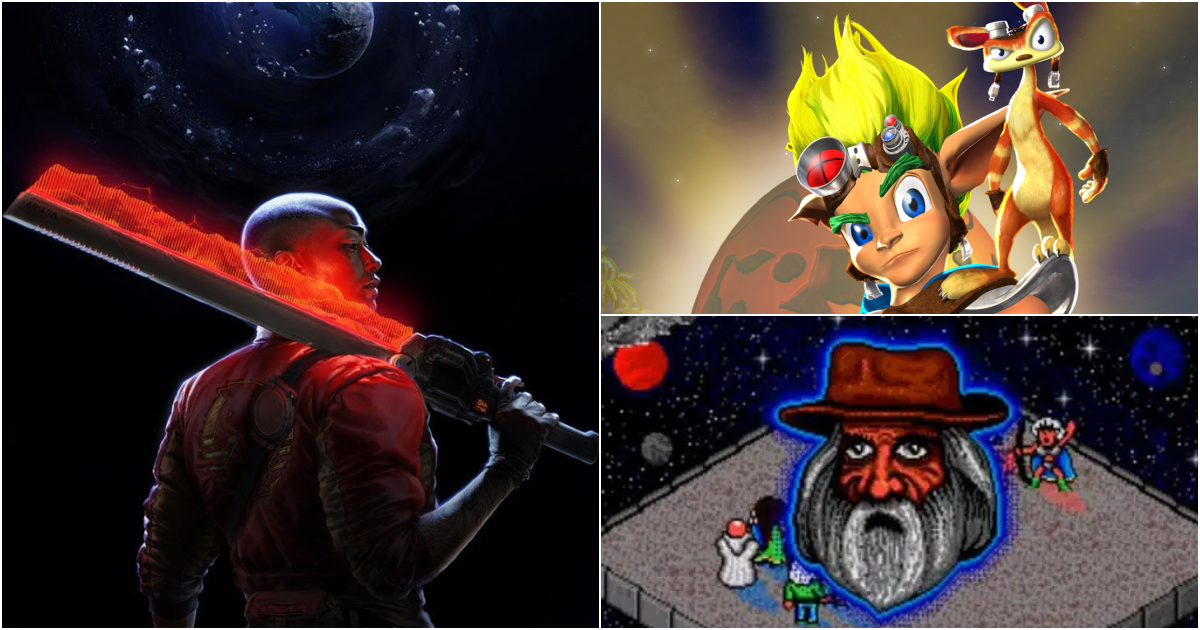Andy Gavin, co-founder of Naughty Dog, has reminisced about the studio’s sale to Sony. He shared his thoughts in the context of rising game development costs.

Intergalactic: The Heretic Prophet (left), Jak and Daxter (top right), Rings of Power (bottom right)
Sony acquired Naughty Dog for an undisclosed sum in 2001. In a new post on LinkedIn, Gavin explained that the main reason behind selling the studio were skyrocketing game budgets.
While its early projects in the 1980s cost less than $50k to produce, expenditures rose to $100k during the development of the 1992 RPG Rings of Power. After that, budgets grew exponentially.
Here are the development costs for some of Naughty Dog’s games between the 1990s and early 2000s:
- Crash Bandicoot (1994-1996) — $1.6 million;
- Jak and Daxter: The Precursor Legacy (1999-2001) — $15 million;
- Jak 3 (2004) — $45-50 million.
“Back in 2000, we were still self-funding every project, and the stress of financing these ballooning budgets independently was enormous,” Gavin said, describing the situation as a “systematic issue in the AAA space.”
He added that studios looking to make big-budget games almost never have enough resources to fund them. This forces devs to approach publishers, who have “enormous leverage” over them.
Selling to Sony wasn’t just about securing a financial future for Naughty Dog. It was about giving the studio the resources to keep making the best games possible, without being crushed by the weight of skyrocketing costs and the paralyzing fear that one slip would ruin it all. co-founder of Naughty Dog
Development budgets have ballooned even further in recent years, with Gavin saying that today a AAA game can easily cost $300-500 million to produce. This is a pretty accurate range, especially when looking at how much money PlayStation’s first-party teams (those based in the US) spent to make their projects.
For example, Marvel’s Spider-Man 2 had a total budget of $315 million. Naughty Dog’s The Last of Us Part II cost $220 million to develop, and we can only guess how much Sony will spend on the studio’s new IP, Intergalactic: The Heretic Prophet.
According to Gavin, selling to the “right party” (Sony), gave Naughty Dog the stability to “continue making the kinds of games we’d always dreamed of.”
The issue of bloated AAA budgets has been addressed by many developers and executives. In October, Saber chief creative officer Tim Willits said it was becoming less and less realistic for US-based studios to recoup such enormous costs: “There are many games, sadly, especially out of North American developers, where if you do not sell five million copies you are a failure. I mean, what business are we in where you fail if you sell less than five million?”

